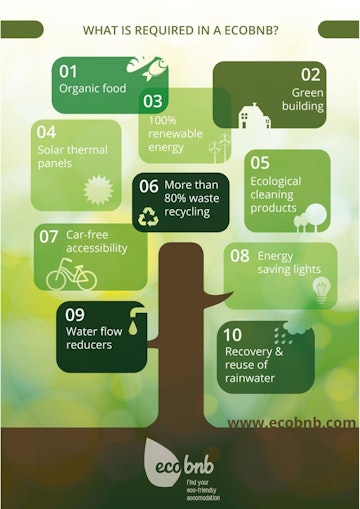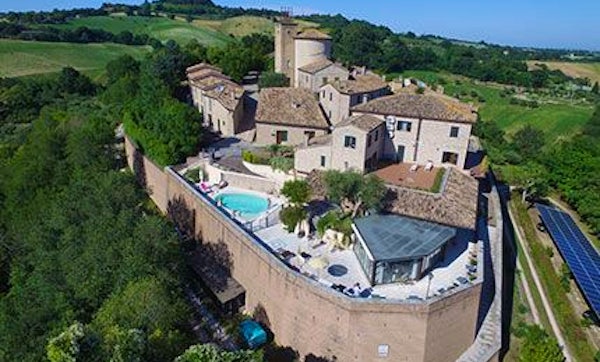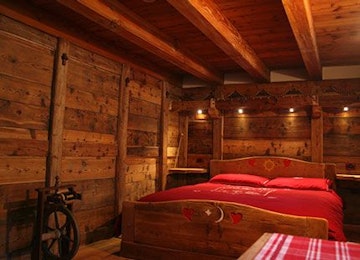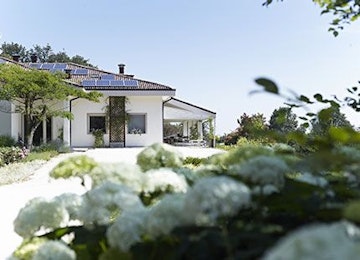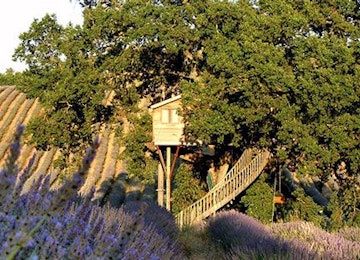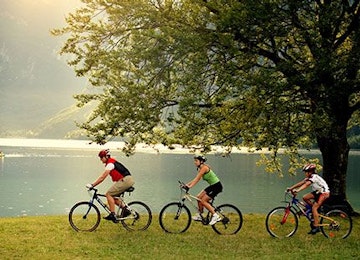Ecobnb is a community dedicated to sustainable tourism, which offers to travellers from all over the world the opportunity to find and book a vacation in harmony with nature. Green Sail interviewed CEO Simone and COO Silvia to find out all about Ecobnb and it's mission.
Interview Transcript
GS: What is Ecobnb, what is its mission, goals?
Ecobnb: Ecobnb is an adventure that we have undertaken to change the way we travel, so that every holiday becomes an authentic travel, respectful of the environment and local communities.
Ecobnb promotes sustainable tourism and encourages people in choosing sustainable destinations, less-touristic places, nearest destinations, preferring eco-friendly accommodations and sustainable way of travelling.
GS: How and when did you decide that you wanted to create a community of sustainable tourism developers?
Ecobnb: Five years ago we decided to create this project, when invited to attend a conference in South Italy. We realized that it wasn’t easy to find sustainable accommodation to stay with. We found very little information and it was mainly greenwashing (when products are deceptively described to promote the perception that an organization’s products, aims or policies are environmentally friendly).
For that reason, Simone Riccardi (founder of Ecobnb) decided to create a network dedicated to sustainable tourism where, together with some friends and environmental associations, he published several green accommodation options online in Italy.
In few months Ecobnb will be celebrating 3 years since we launched the web platform Ecobnb on February 2015, and the mobile application on August 2016.
Today Ecobnb is one of the main reference points for sustainable tourism in Europe: it involves a community of one million people following us on our blog, social media, and website. Ecobnb engages its community through promoting and encouraging sustainable tourism best practice.
Ecobnb received the World Tourism Organization UNWTO award in innovation in Tourism in 2017.
GS: How do you choose businesses that fit your idea of sustainable and environmentally friendly tourism service?
Ecobnb: Ten main eco-requirements, internationally recognized by ecolabels and tourism green certifications:
- Organic food (they have to use mostly organic or local food in the composition of menus).
- Green buildings (the annual energy consumption of the building must be less than 60 Kwh/mq)
- 100% renewable energy (the electricity used by the accommodation have to come 100% from renewable energy sources)
- Solar thermal panels (the accommodations have to produce hot water using solar hot water systems).
- Ecological cleaning products (soaps and products must be ecological).
- More than 80% waste recycling (the accommodations have to exceed a level of 80% for waste differentiation)
- Car-free accessibility (the accommodations have to promote sustainable mobility, for example offering a shuttle service to public transportation hubs).
- Energy savings lights (at least 80% of all light bulbs must have an energy efficiency of Class A).
- Water flow reducers (water consumption must be reduced using water flow reducers).
- Recovery & reuse of rainwater (rainwater has to be collected and reused).
There are also more environmental requirements, not mandatory but important to outline on our website, and interesting for our eco-travellers, for example: bicycles for guests, vegan menus, digital detox, etc.
GS: Is the process of recycling obligatory for Ecobnb members? How do you see recycling upgraded in touristy regions?
Ecobnb: The process of recycling is one of the main 10 eco-requirements for Ecobnb members. Each Ecobnb member is requested to separate, recycle and dispose of garbage in an appropriate manner, residual waste, paper, plastic, metal/aluminium and organic waste. In all of the accommodations, there should be available to guests, bins for recycling paper, glass, plastic and cans, and also information surrounding recycling.
We think that travelers can do a lot to reduce waste during holidays, here are our 10 tips to reduce waste but the main responsibility lies with the accommodation.
The hotel industry generates large volumes of waste: only in USA, hotels produce 13.6 million tons of waste per year! The main part of this waste can be avoided, cutting out plastic cups, using single-dose portions (for example jams), boxes of soap, bottles of detergents, etc.
GS: Would you say, from your experience that tourist are changing their habits and thinking more about sustainability?
Ecobnb: Of course people can do a lot, choosing what type of tourism they want promote when they buy a trip, but we think that the laws could accelerate the process of development towards more sustainable tourism.
A project that directly involves local groups and larger scale governments, such as "Alpine Pearls", a consortium of municipalities in the Alps that promotes car-free tourism and sustainable mobility, a partner of Ecobnb, can do so much in this sense.
Ecobnbs Eco Requirements
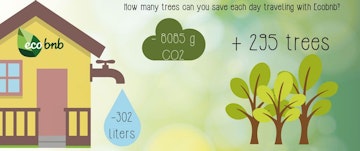
Ecobnbs impact
